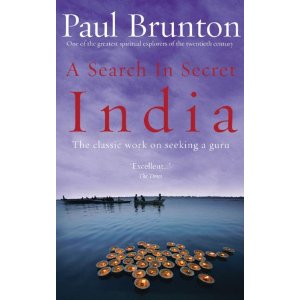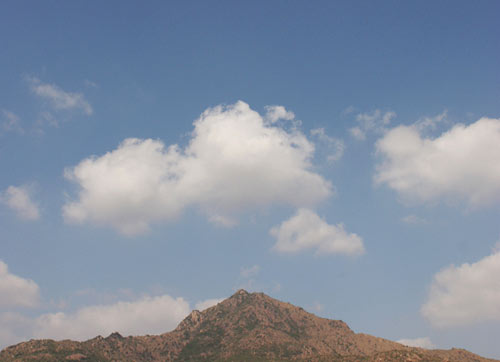 A Search in Secret India by Paul Brunton was published in 1934 and instantly became a classic of spiritual literature. It is the story of one man’s personal odyssey – A search to find the real meaning behind life. Through his entertaining and illumining journey, Paul Brunton shows a glimpse into a relatively unknown side to India. An India of fakirs, astrologers, Spiritual Gurus and a living spirituality. Students on any spiritual path will enjoy sharing the experiences and universal truths of this book.
A Search in Secret India by Paul Brunton was published in 1934 and instantly became a classic of spiritual literature. It is the story of one man’s personal odyssey – A search to find the real meaning behind life. Through his entertaining and illumining journey, Paul Brunton shows a glimpse into a relatively unknown side to India. An India of fakirs, astrologers, Spiritual Gurus and a living spirituality. Students on any spiritual path will enjoy sharing the experiences and universal truths of this book.
Disillusioned by life in England, Paul Brunton hoped to find in India, a spirituality his soul was eager to find. The book combines a rigorous Western journalistic standard with a sympathy and openness to the Spirituality of India. Just a few decades before, his compatriot, Rudyard Kipling had famously said. “East is East and West is West, and never the twain shall meet.” But, Brunton was a pathfinder in breaking down this barrier and seeking a union in diversity.
With his Western analytical mind, Paul Brunton is able to distinguish between minor occultists and genuine Rishi’s who sought and realised God. But, whoever he meets, he manages to offer a fair balanced appraisal of what he experiences.
As well as being a guide to spirituality, it helped change attitudes to India. In the 1930s, Britain ruled India and often opinions of India were often based on crude generalisations. This book helped to open up another side to India. It also helped to popularise concepts such as meditation and yoga. In particular, it was Paul Brunton who made the Spiritual Master, Ramana Maharshi known in the West.

There are many colourful chapters from snake charmers, and astrologers to Sages who don’t speak. But, the highlight is undoubtedly, the final chapter where, at the end of his quest, he stumbles across sacred Mount Arunachala, where he meets Ramana Maharshi (who he recognises as his Guru).
It is a truism that the heights of meditation cannot adequately be expressed by the written word, but Brunton manages to leave us a glimpse into profound meditation he experienced.
To close, from the last chapter, Tablets of Forgotten Truth
“There is That in man which belongs to an imperishable race. He neglects his true self almost completely, but his neglect can never affect of alter its shining greatness. He may forget it and entirely go to sleep in the senses, yet on the day when it stretches forth its hand and touches him, he shall remember who he is and recover his soul.”
– Paul Brunton, p 306
Related
- Paul Brunton at Writespirit
- Ramana Maharshi at Writespirit
Photo: Arunachala, by Unmesh Swanson, Sri Chinmoy Centre Galleries

Comments are closed.